“Eat radish in winter and ginger in summer” is a popular saying in China, expressing the benefits of eating radish in winter and ginger in summer. So why should you eat radish in winter?
According to the United States Department of Agriculture (USDA), 100 grams of radishes contain about 3.4 grams of carbohydrates, 1.6 grams of fiber, 0.68 grams of protein, as well as vitamins C, A, K, calcium and phosphorus that the body needs.
Radishes are low in calories and high in fiber, which can help you feel full and control your weight. They also have the following three health benefits.
According to Epochtimes, below are the great benefits of regularly eating radishes in winter:
Anti-inflammatory and antibacterial
First, radishes have anti-inflammatory properties. Many diseases such as arthritis, arteriosclerosis, hypertension, etc. are associated with chronic inflammation. Radishes are a member of the cruciferous family, and studies have found that cruciferous vegetable extracts and purified components have anti-inflammatory properties.
Medicinally valuable secondary metabolites in radishes include: glucosinolates, isothiocyanates, and polyphenols. Research has found that isothiocyanates have up to 87% antibacterial activity against antibiotic-resistant bacteria.
Support cancer prevention and anti-oxidation
Radishes also have anti-cancer properties. The isothiocyanates in radishes help inhibit tumor growth and prevent the appearance of tumors.
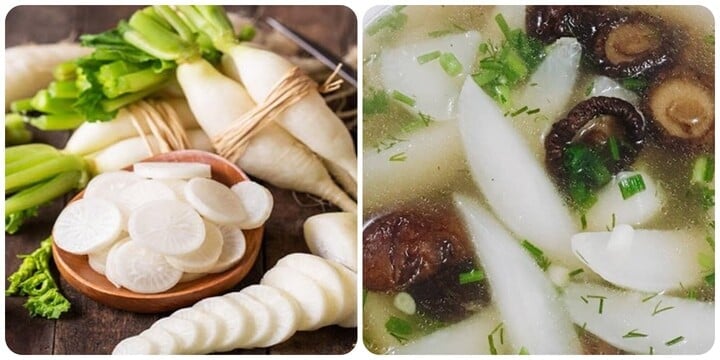
Eating radishes in winter is very good for your health.
In addition, the large amount of vitamin C in radishes can help prevent and control the spread of cancer cells. Radishes are rich in flavonoids, especially anthocyanins, which are also antioxidants with anti-cancer effects. Research shows that anthocyanins can reverse the drug resistance of cancer cells and have anti-tumor activity.
Control blood sugar
Radishes may also help control blood sugar levels. Studies have shown that radishes can enhance antioxidant defense mechanisms, reduce oxidative stress, balance hormone-induced blood sugar levels, and reduce intestinal glucose absorption, thus having anti-diabetic effects.
Another study also showed bioactive compounds in different parts of radish such as leaves, shoots, stems and roots, which have effects related to diseases such as cancer, inflammation, liver damage.
Radishes are rich in vitamin A, which is also good for our eyesight. Vitamin K in radishes plays an important role in bone health and blood clotting. At the same time, radishes are also rich in fiber, which aids digestion.
According to traditional Chinese medicine, radish helps regulate qi, soothe the liver and promote digestion, which is very consistent with the research results of modern medicine.
Source: https://vtcnews.vn/an-cu-cai-thuong-xuyen-vao-mua-dong-co-tot-khong-ar910603.html







![[Photo] General Secretary To Lam receives the Director of the Academy of Public Administration and National Economy under the President of the Russian Federation](/_next/image?url=https%3A%2F%2Fvphoto.vietnam.vn%2Fthumb%2F1200x675%2Fvietnam%2Fresource%2FIMAGE%2F2025%2F12%2F08%2F1765200203892_a1-bnd-0933-4198-jpg.webp&w=3840&q=75)
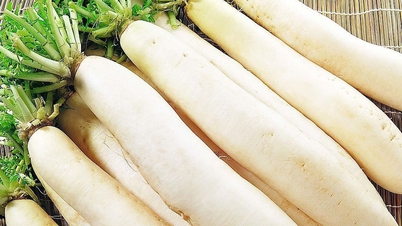

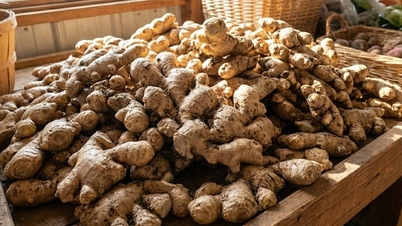






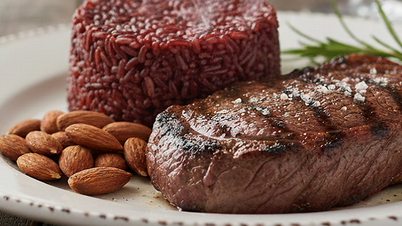
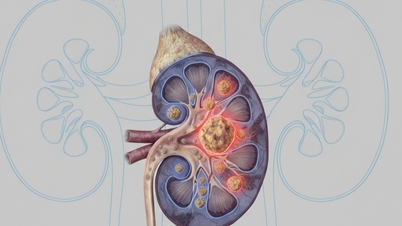




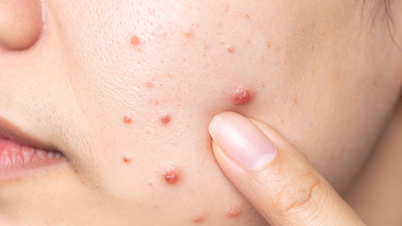








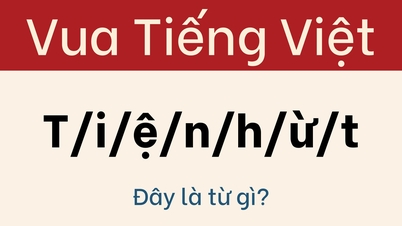
















































































Comment (0)